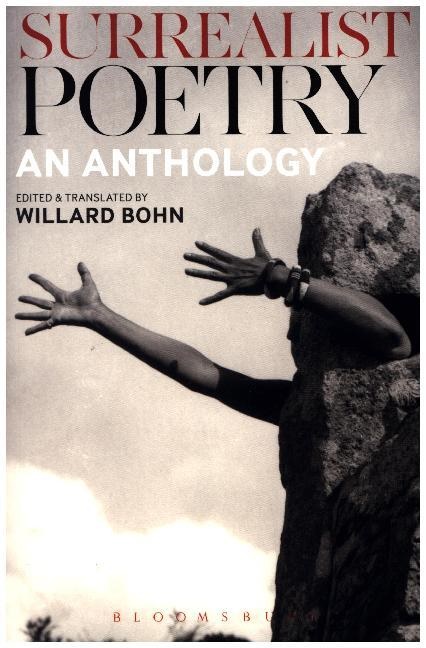Read more
Surrealist Poetry presents new English translations of nearly 150 poems alongside their original French and Spanish versions.Founded by Andre Breton in 1924, Surrealism sought to examine the unconscious realm by means of the written or spoken word. Seeking to expand the ability of language to evoke irrational states and improbable events, it consistently strove to transcend the linguistic status quo. By stretching language to its limits and beyond, the Surrealists transformed it into an instrument for exploring the human psyche. The twenty-three poets in this collection come not only from France, where Surrealism was invented, but also from Spain, Belgium, Martinique, Mauritius, Catalonia, Mexico, Chile, and Peru. Three of them were awarded the Nobel Prize for Literature (Vicente Aleixandre, Pablo Neruda, and Octavio Paz). Equipped with a critical introduction and a brief bibliography, this anthology will appeal to anyone interested in modern literature.
List of contents
Introduction
Rafael Alberti
Vicente Aleixandre
Louis Aragon
Braulio Arenas
Antonin Artaud
André Breton
André Breton, René Char, and Paul Eluard
Luis Cernuda
Aimé Césaire
René Char
Malcolm de Chazal
Robert Desnos
Paul Eluard
J. V. Foix
Federico García Lorca
José María Hinojosa
Marianne van Hirtum
Miguel Labordeta
E.L.T. Mesens
César Moro
Pablo Neruda
Octavio Paz
Benjamin Péret
Philippe Soupault
Selected Bibliography
Acknowledgments
Report
This wide-ranging collection of poetry is outstanding in its ambition and achievements. Encompassing the work of twenty-three Surrealist poets across the Surrealist epicentre in France, to Spain, the Francophone world and Latin America, the beautifully presented side-by-side translation of poems allows for a holistic view of the vast breadth of Surrealist poetic enquiry ... [Bohn's] choice of a relatively small number of poets allows for an appreciation of a larger selection of each writer's works: his admittedly streamlined approach, purposely devoid of any overbearing critical apparatus, allows the poems and poets to speak for themselves. This inclusive and even-handed approach will undoubtedly prove very useful to scholars of the twentieth century across disciplines. Forum for Modern Language Studies

